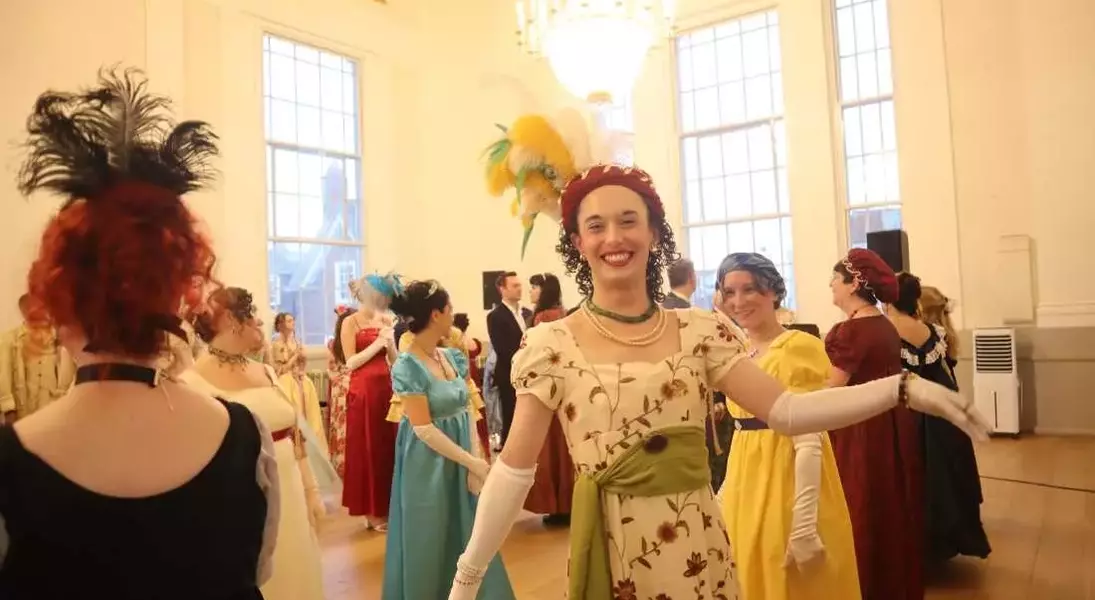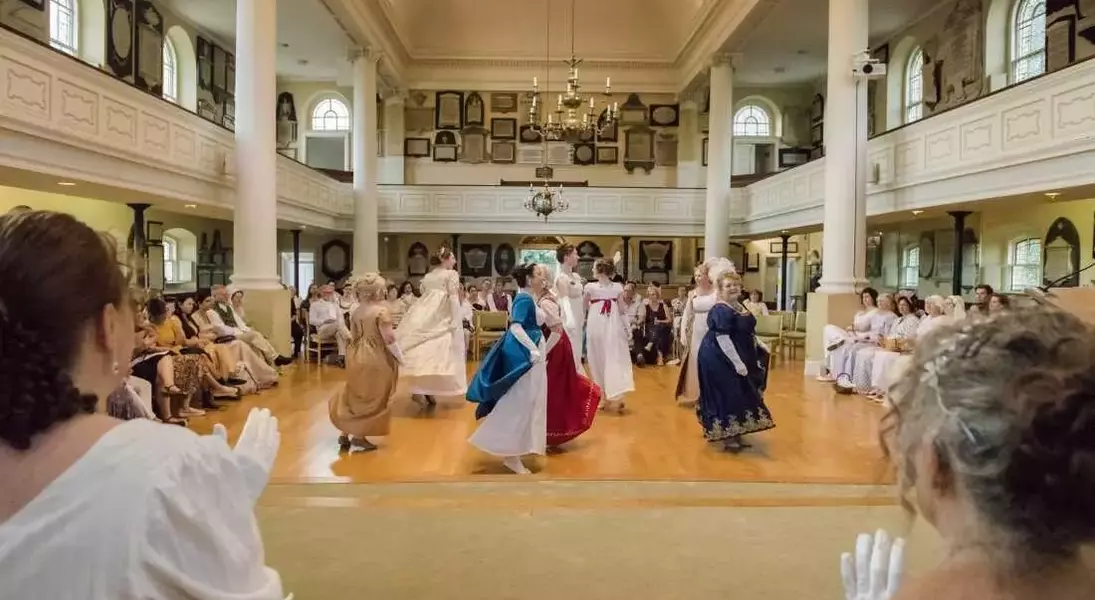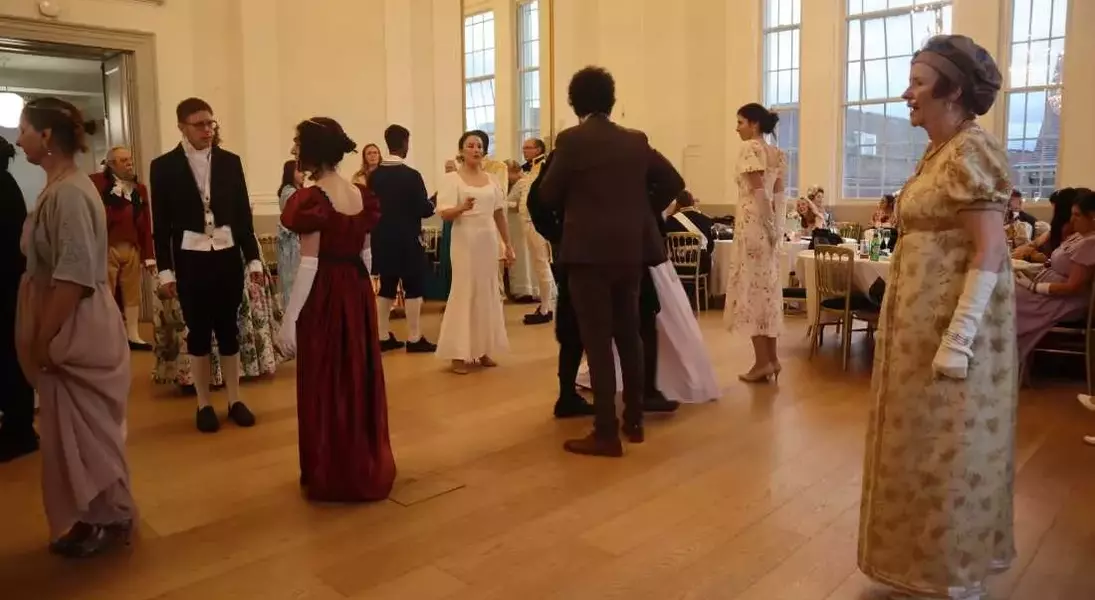




This year marks a quarter-millennium since the birth of Jane Austen, a literary titan whose impact, once subtly acknowledged, now resounds globally. Though her early works were published anonymously, her profound insights into society, romance, and the human condition have cemented her status as one of Britain's most cherished authors, even gracing national currency. Across the globe, enthusiasts are embracing this milestone with a spectrum of commemorative events, from period-accurate balls where participants engage in historical dances to dedicated tours exploring the landscapes that shaped her narratives. Her timeless tales continue to captivate audiences, influencing contemporary literature and screen adaptations, demonstrating an enduring relevance that transcends centuries.
A significant highlight of these celebrations involves numerous \"Georgian costume balls,\" meticulously replicating the social gatherings often depicted in Austen's novels. These events, such as the one held in June at the St Albans Museum and Gallery, located in Hertfordshire—a county famously featured in 'Pride and Prejudice'—transport attendees back to the 17th century. Guests, adorned in authentic period attire, partake in intricate dances led by experts like Libby Curzon, founder of Mrs. Bennet's Ballroom. Curzon emphasizes that in Austen's era, mastering these dances was a prerequisite for social participation, unlike modern settings where instruction is provided on-site. She also notes the romantic allure of these gatherings, where genuine connections often blossom through shared movement and eye contact, mirroring the courtship rituals found in Austen's narratives.
The universal appeal of Austen's themes continues to draw in diverse audiences. Gauri Davies, an Australian resident in England and a devoted Austen reader, attended the St Albans ball as a "bucket list" experience, drawn by the timeless exploration of romance, class, and privilege in Austen's works. This enduring resonance is further evidenced by the continuous stream of adaptations and new creations inspired by her stories. Esteemed actors like Emma Corrin, Jack Lowden, and Olivia Colman are currently involved in a new Netflix adaptation of 'Pride and Prejudice', adding to a rich legacy of screen versions. Beyond direct adaptations, Austen's influence pervades the romantic comedy genre, inspiring recent films such as 'Jane Austen Wrecked My Life' and the ongoing 'Bridget Jones' franchise, whose roots lie in 'Pride and Prejudice'. Even a musical based on the 1990s film 'Clueless', itself an adaptation of Austen's 'Emma', is currently captivating audiences on London's West End.
The fervent global admiration for Jane Austen is palpable, with events spanning continents. The annual Jane Austen Festival in Bath, a city where Austen resided for five years, is a ten-day extravaganza that draws thousands of devotees. In North America, the Jane Austen Society of North America (JASNA), boasting 2,000 members, organizes its own celebrations, including special tours of England that visit significant sites like Austen’s birthplace and her grave. Mary Mintz, president of JASNA, describes visiting Austen's house in Chawton, Hampshire, and seeing her writing desk as a deeply affecting experience, underscoring the tangible connection to the author's creative genius. Mintz highlights Austen's acute awareness of the economic constraints faced by women in her time, portraying marriage not just as a romantic pursuit but as a crucial means of survival and financial stability. This sociological depth, coupled with intricate character studies and universal explorations of human connection, elevates Austen's work beyond mere romance.
Literary scholars, such as John Mullan, Professor of English at University College London, affirm Austen's unparalleled literary standing. Mullan asserts that revisiting Austen's novels offers perpetual discovery, a quality he compares only to Shakespeare. He emphasizes her global reach, noting that her works are known and celebrated worldwide, often through translations and numerous film adaptations. This widespread recognition solidifies her position as a fundamental figure in the literary canon, a testament to the enduring power and relevance of her narratives which continue to inspire and enlighten readers across generations and cultures.
